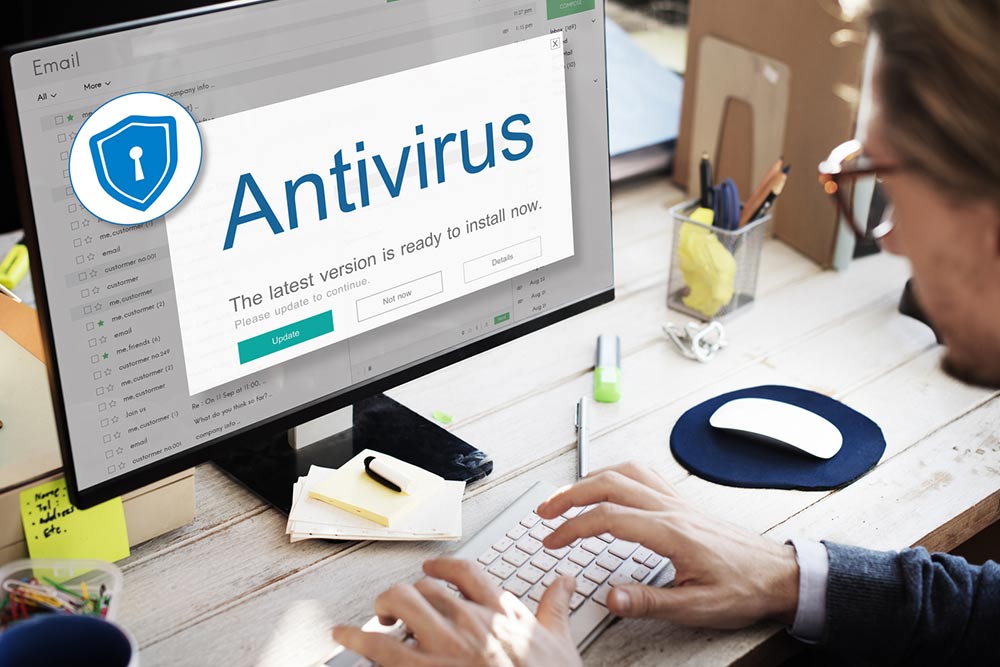
5 Tips for Choosing an Antivirus Software
With technological advancement and the digital revolution, almost all data is stored on computers or mobile devices. The ease of storing data digitally and retrieving it for use at any time has made the functioning of offices more efficient. Parallel to digitalization, cybercrimes, which target the theft or embezzlement of data, also increased exponentially. It is necessary to protect every operating system by installing antivirus software. This article looks at factors to consider when choosing an antivirus program.
Tips to choose the best antivirus software
Several antivirus programs are available, but not all have the same features or efficiency. One should go for software suited to operating systems and computing behavior. Here are a few tips for choosing the best antivirus software:
1. Check whether it protects from major cyber threats
A good antivirus should offer protection against major cyber threats like viruses, malware, and scams. This will ensure the minimum safety of data and privacy. Antiviruses also feature Internet firewalls, a network security system that identifies and blocks any malicious Internet traffic reaching or leaving your computer. Thus, looking for the security features included in an antivirus is necessary.
2. Confirm whether it blocks threats in real-time
Threat prevention is an essential characteristic an efficient antivirus program must have. Some antivirus software may not have the feature to detect and prevent any cyber threat in advance. They may only address the issues after they have occurred. This will sometimes allow hackers to steal information from one’s system. Hence, choosing an antivirus program that provides proactive protection or threat prevention is essential.
The program should ideally include threat prevention features like reactive file scanning, a complete system scan, web browsing protection, and threat removal.
3. Check whether it’s accurate and efficient
A perfect antivirus software should work accurately and efficiently to detect and prevent cyber threats. The program should effectively find the infected files and keep clean files intact. This way, it must accurately differentiate between malicious and non-malicious files and take action with a high threat detection rate. The antivirus software must run on the system without slowing down its performance. Individuals can choose an antivirus program with features compatible with their operating system and the type of computing they usually perform.
4. Determine whether it’s easy to use
Individuals should ensure that the antivirus program they plan to install is always simple to use and navigate. Installing antivirus software and then uninstalling it because of its difficulty will leave the system vulnerable to more intrusions and attacks. An ideal antivirus software should have basic ease-of-use features, such as automatic updates, a simple user interface, and customer support when needed.
5. Look for additional features
It is advantageous to install antivirus software with extra features. Cybersecurity software is continuously updated to have new features based on evolving trends in cybercrime and threats. Choosing a program that incorporates the latest elements to combat emerging cyber threats is wise. The new features can significantly provide additional security measures that one might not have thought about. Some additional attributes include password managers, system performance cleanup and optimization, at-home Wi-fi monitoring, and online account data leak monitoring.
Considering the emerging number of cybercrimes and several cyber threats, it is essential to install efficient, all-encompassing antivirus software that can provide maximum protection to one’s system. Individuals should consider the factors mentioned above when choosing one.


